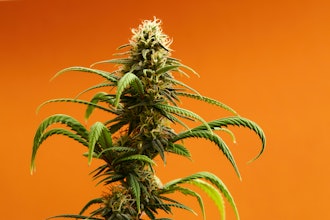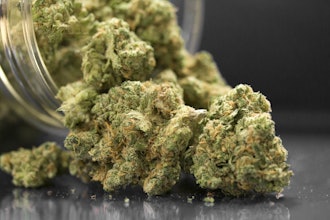
The NCAA Committee on Competitive Safeguards and Medical Aspects of Sports recommended that each of the three divisional governance bodies introduce and adopt legislation that would remove cannabinoids from the list of NCAA banned drug classes.
Committee members, who met this week in Indianapolis, also recommended the development of a robust educational strategy to accompany a potential change to cannabinoid legislation.
The timing of discussion and adoption of possible legislation is a decision that will be made by each of three NCAA divisional governance structures.
This recommendation is based on extensive study informed by industry and subject matter experts (including doctors, substance misuse experts and membership practitioners).
The rationale for considering the change was largely informed by the December 2022 Summit on Cannabinoids in College Athletics and the consensus opinion formed that cannabis is not a performance-enhancing drug and that a harm-reduction approach to cannabis is best implemented at the school level.
The recommendation aims to recenter student-athlete health while recognizing membership opinions and the shifting cultural and legal landscapes surrounding cannabinoids.
In short, removing cannabinoids from the list of banned substances:
- Acknowledges the ineffectiveness of existing policy (banning, testing and penalizing).
- Affirms the role of the NCAA drug-testing program to address only performance-enhancing substances.
- Emphasizes the importance of moving toward a harm-reduction strategy that prioritizes education and support at the school level over penalties.
In June, the committee signaled its support for removing cannabinoids from the Association's banned drug list and testing protocols with the intent to gather input from the membership this summer, with final action expected in the fall. However, last month, the NCAA Board of Governors asked the committee to head down a legislative path.
"When making a decision on an important topic like this, we agree that the membership should have an opportunity to vote on the final outcome," said James Houle, committee chair and lead sport psychologist at Ohio State. "We are recommending a big shift in the paradigm when it comes to cannabinoids. We want to modernize the strategy with the most up-to-date research to give schools the best opportunity to support the health of student-athletes."






















